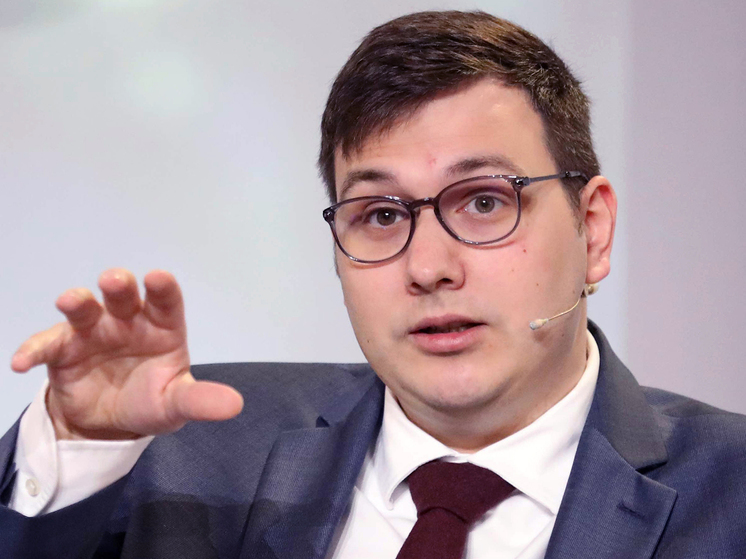Moscow will have to take mirror measures
The European Union has approved a plan to use proceeds from frozen Russian assets. At the first stage, it will allow receiving up to €3 billion, and in the future – €5 billion annually, 90% of the amount will go to support the Ukrainian army, said Czech Foreign Minister Jan Lipavsky. Thus, this extremely protracted story, full of conjectures, found legislative embodiment after months of complex technical negotiations.

According to the accounts of the Belgian depositary Euroclear, frozen Russian assets worth about €159 billion have brought in a profit of €557 million since February 15. The EU plan also includes a mechanism that will allow Euroclear to hold more funds if they are not enough to deal with sudden risks. The idea of using 90% of the income from Russian assets to provide military assistance to Kyiv belongs to the head of European diplomacy Josep Borrell and the European Commission.
The United States also has its own project, and a more sophisticated one. But there are doubts that the Europeans will approve of it, since it actually overlaps their own scheme. So far, according to Bloomberg, Germany may support this initiative. According to the agency, Washington is ready to provide Ukraine with a loan backed by collateral in the form of frozen assets of the Russian Federation. At the same time, President Biden's administration needs guarantees from Brussels that the loan will be repaid and the assets will remain frozen.
As the Financial Times previously reported, American authorities want their plan to be implemented before the possible return to the White House of Donald Trump, who has repeatedly spoken out against financing Kyiv. In April, we recall, the US House of Representatives passed a bill to allocate $60.8 billion in aid to Ukraine. In addition, Washington has repeatedly announced plans to agree on a common approach to the use of Russia’s sovereign assets at the G7 leaders’ summit in June in Italy.
Meanwhile, professional economists in the West are clearly not happy with what is happening. Thus, the European Central Bank warned about reputational and other risks for the European currency in the long term. The ECB called on Brussels to “look beyond the individual conflict” and look for other ways to finance Ukraine. The legal integrity of the measures taken was previously questioned by IMF First Deputy Managing Director Gita Gopinath, whose words were quoted by Foreign Policy magazine: “You need to be sure that everything you do has sufficient legal support.”
All the latest events surrounding frozen Russian assets are of a very vague nature, reminiscent of marking time, some kind of cunning political combination without concrete practical actions, says Nikita Maslennikov, a leading expert at the Center for Political Technologies, in a conversation with MK. — The plot has been outlined for a long time, it has been going on for many months, but even now, when the EU countries have officially approved their plan, the question of its implementation remains open. In addition, EU financial authorities continue to warn: the consequences could be double-edged, fraught with “retaliation” from Moscow. It is no coincidence that the ECB called on all European banks that maintain their representative offices in Russia to withdraw their assets from our country. But in any case, we will be forced to react and take mirror measures. In fact, both sides — we and the West — remain in their positions for now.
— A new quality will emerge as soon as the West moves from words to deeds. The consequences are unpredictable, but the implementation of the EU plan may well not only increase geopolitical tensions, but also accelerate the process of defragmentation of the global economy. The world's central banks will also suffer damage, since the Russian Federation's assets are invested in government bonds denominated in euros, dollars and British pounds. Moreover, now the main regulators — both the US Federal Reserve and the ECB — are inclined to lower interest rates. One thing is clear: Moscow will remain in its previous position: any transactions with blocked assets of our country are illegal, and we are not going to recognize them. Freezing money legally does not mean a change of owner, this must be understood.


